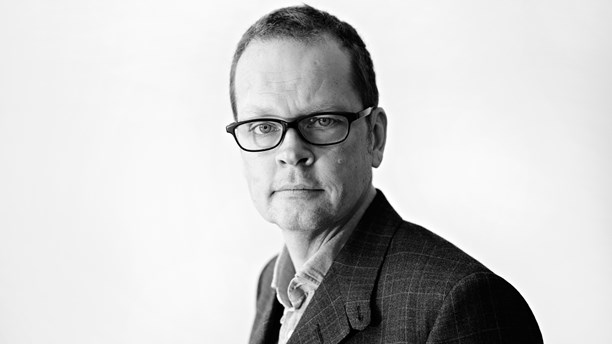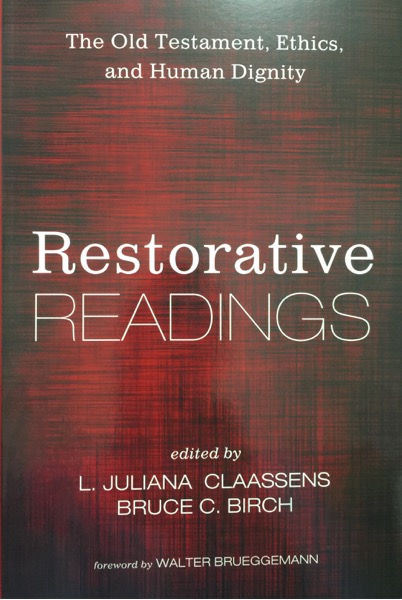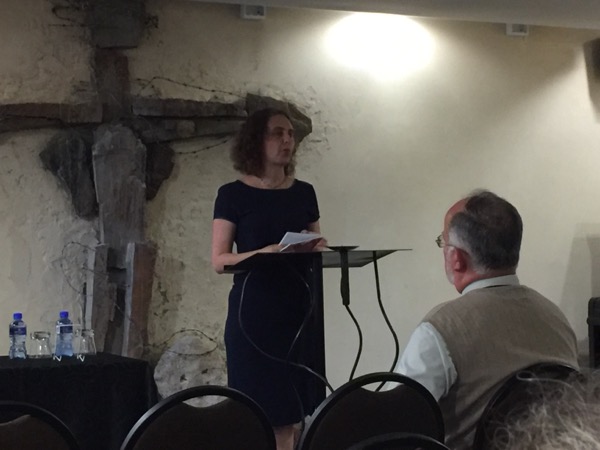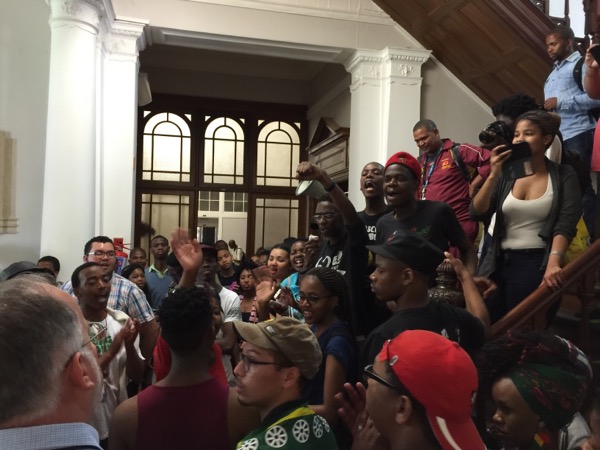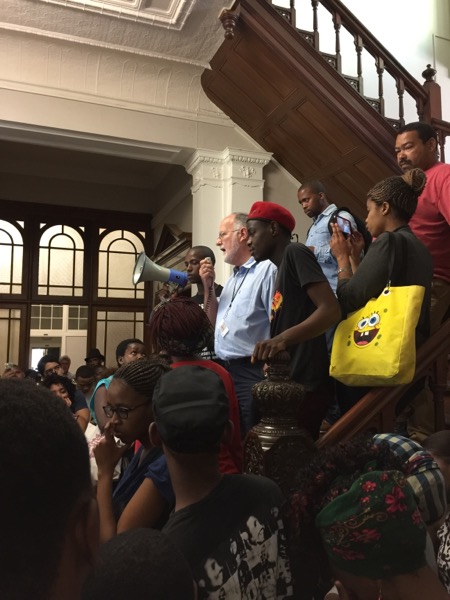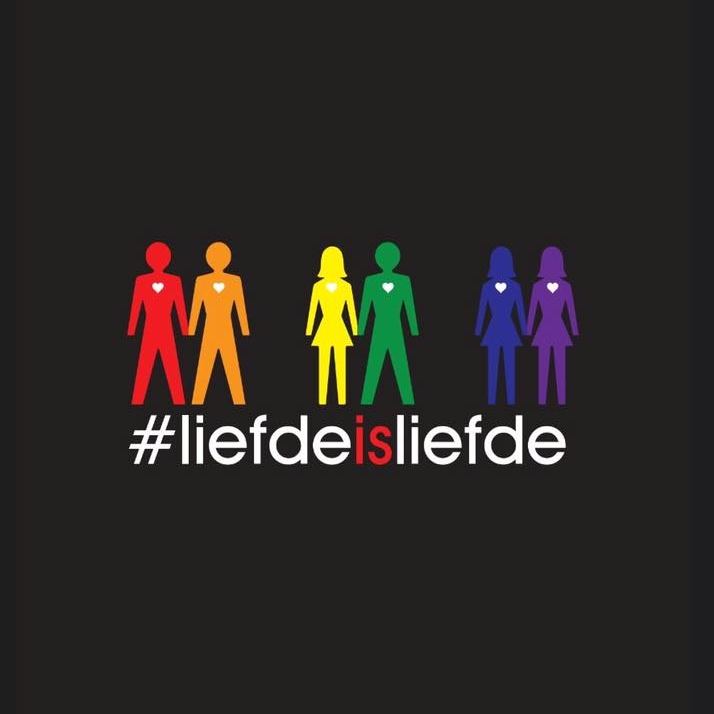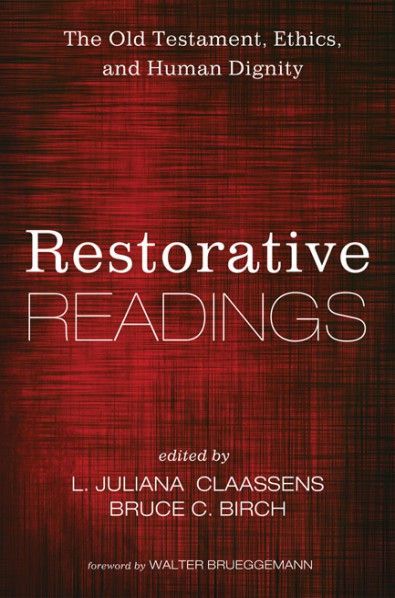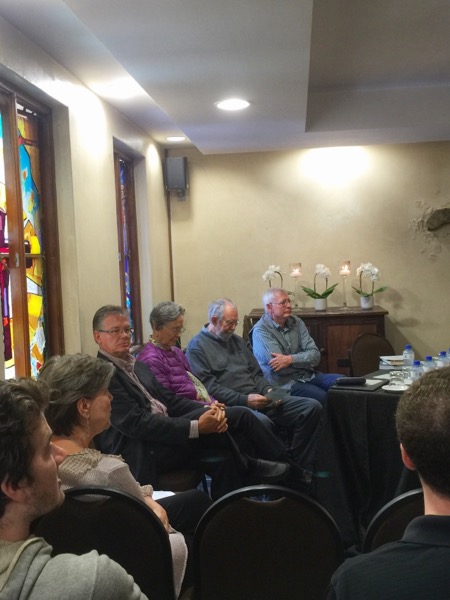Please find an English Translation of the Policy decision that was taken by the Dutch Reformed Church Synod of October 2015 on same sex persons below:
SAME SEX RELATIONSHIPS
Resolution of the General Synod, Dutch Reformed Church, 9 October 2015
1 The General Synod reconfirms the equality of all people irrespective of their sexual orientation and commits herself to maintain the human dignity of all people.
2 The General Synod declares that hetero- and homosexual persons who live in a personal faith-obedient relationship with the Lord, can fully participate in all the privileges of the church as a covenant community.
3 The General Synod reconfirms the decisions of 2004, 2007 and 2013 concerning marriage, namely that only the union of one man and one woman is considered as a marriage.
4 The General Synod decides, in the light of point 1 above, to give recognition to the status of civil unions between persons of the same sex that are characterised by love and fidelity. The General Synod makes provision for pastors who see their way open to solemnise such unions.
5 The same Christian ethical standards (doctrine and life) apply to all persons with regards to licensing and ordination. Point 7 of the 2007 resolution is terminated.
6 The General Synod acknowledges the diversity of opinions within the DRC concerning same sex unions and confirms the right of church councils to formulate and exercise their own viewpoints and practices.
7 The General Synod confirms the discretion of church councils to deal with different opinions concerning same sex relationships in a congregation and requests them to do it in a spirit of Christian love.
8 The General Synod offers these decisions concerning same sex relations with humility after searching earnestly, and as the best application of the biblical message as we understand it at this stage. The General Synod requests members, congregations and church councils to again engage in their own independent process of searching for the application of the Biblical message in this regard. In this search the study material of the General Synod done in 2007, 2011, 2013 and 2015 should be read earnestly. In conjunction with the Belgic Confession Article 2 the specific and general revelation should be used, which means the best findings of recent human sciences research.
9 The General Synod decides to develop a Christian-Biblical-Ethical model concerning sexuality for all people to guide congregations in the light of the preceding resolutions. This matter is referred to the Committee for Doctrinal and Contemporary Issues which already has a similar task (see A.8.2 page 172 point 7.4).
10 The General Synod decides to compile and distribute a comprehensible overview of the DRC’s journey in connection with homosexuality in order to empower leaders in congregations to guide members concerning this matter.
The General Synod further resolved:
1 In the light of our commitment to the values of the Season of Human Dignity we once more sincerely apologise to people who have been hurt and whose dignity has been affected due to any homophobic language, conduct or attitude from the side of the church, also during this meeting.
2 The General Synod henceforth refrains from any homophobic language, conduct and attitude precisely because of our commitment to the values of the Season of Human Dignity, and also from a deep conviction of the discriminatory nature of such language, conduct and attitude because of it.
The General Synod further resolved:
1 The General Synod tasks the Committee for Legal and Church Polity Matters to investigate the church polity implications and legal implications of any resolution(s) regarding same sex relationships with report and recommendations to the Moderamen of the General Synod.
2 The General Synod notes that according to the Civil Union Act 17 of 2006, it is required of denominations to apply in writing to the Minister for permission to solemnise same sex unions (see clause 5 which reads as follows: Designation of ministers of religion and other persons attached to religious denominations and organisations as marriage officers: (1) Any religious denomination or organisation may apply in writing to the Minister to be designated as a religious organisation that may solemnise marriages in terms of this Act).
The General Synod further resolved:
1 The Synod of Namibia requests the General Synod to take note that point 4 of the resolution which reads “… to give recognition to the status of civil unions between persons of the same sex” is in contradiction to the laws of Namibia.
2 The General Synod approves that this resolution on same sex relationships is not enforceable on the Synod of Namibia.
 Thursday, April 14, 2016 at 7:17PM
Thursday, April 14, 2016 at 7:17PM 



